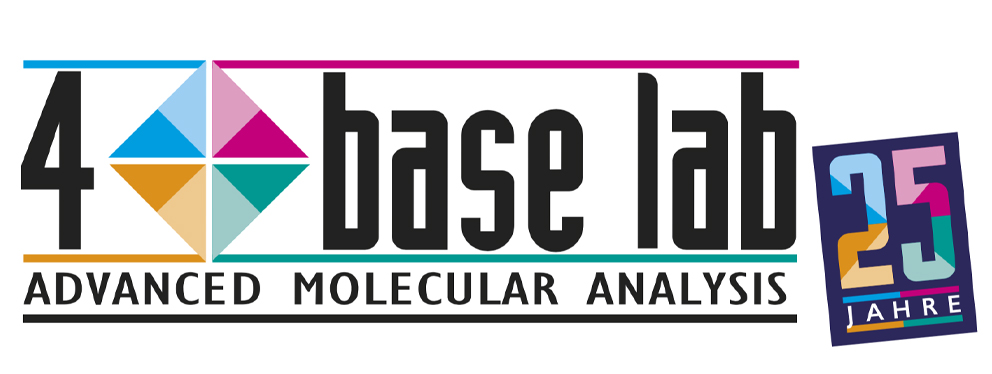Life Science

DNA Sequencing (Sanger):
Your sequencing lab since 1995. Our principles: Highest possible quality and customer satisfaction.
Single-Pass Quickview
DNA sequencing with standard primers or customer primers. You receive the automatically processed sequence data. Depending on the template quality, read lengths of up to 1000 nt per run can be generated. The results are usually available 1-2 days after sample receipt.
Single-Pass Standard
Manually edited sequence data. In case of laboratory-related problems, the sequencing is repeated without additional costs. The results are usually available 1-2 days after receipt of the sample.
Primer Walking
Sequencing of one or both DNA strands, including DNA preparation and primer design/synthesis.
Premixed SEQ
Fast & economical! Template and primer are already premixed.
DNA sequencing as a GMP service
GMP Sanger sequencing service meeting the most stringent quality requirements.
Information on sample preparation and shipping
Contamination analysis in disposables for molecular biology
- DNase-free
- RNase-free
- Free of human DNA
Disposables in the life science sector require the highest purity criteria and quality standards. They must be able to be used in molecular biology with the certainty that they neither impair nor falsify laboratory results. All products should therefore be certified as DNase- and RNase-free. In addition, it must be ensured that no contamination with DNA of human origin occurs during production or during the packaging process. At 4base lab, the testing of disposable products for molecular biology is carried out by modern, fast and cost-effective real-time PCR methods.
BAC-DNA-Service
Sale and supply of purified plasmids from human clones:
- BAC (Bacterial Artificial Chromosome)
- PAC (P1 Artificial Chromosome)
- Cosmids
- Plasmids
BAC-Standard: Obtaining DNA from BAC/PAC clones, without further characterization (incl. UV testing and gel electrophoresis of undigested DNA).
BAC-Verify: Confirmation of identity and genetic stability by restriction digestion, end sequencing or marker PCR.

